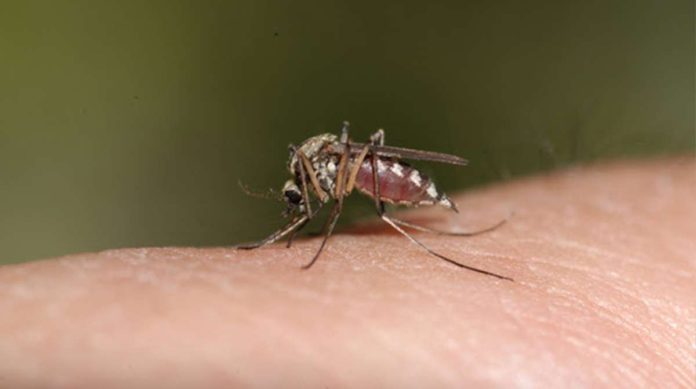
BACOLOD City – The City Health Office (CHO) has reported a notable decline in dengue cases for the first half of 2024, attributing the success to proactive local efforts to combat the disease.
From January 1 to June 29, Bacolod City recorded 191 dengue cases, a 20.4% drop from the 240 cases reported during the same period in the previous year, which included two fatalities.
Dengue is a viral infection transmitted through the bites of infected Aedes mosquitoes. It can cause severe flu-like symptoms and, in some cases, develop into a potentially lethal complication called severe dengue.
Preventing dengue focuses primarily on controlling mosquito populations and minimizing individual exposure to bites.
Grace Tan, chief of the CHO’s Environment Sanitation Division, stressed that the reduction was due to the elimination of stagnant water areas, which are prime breeding grounds for mosquitoes.
However, she cautioned that the threat of dengue remains and urged continuous vigilance.
“Residents should not become complacent because of the low number of cases. It is crucial that we all regularly search for and destroy mosquito breeding sites at both the household and community levels,” said Tan.
The highest number of dengue cases was reported in Barangay Taculing, consistently leading for several weeks with 32 cases.
Other areas with notable cases include Mansilingan with 12 cases, and Banago and Granada, each with 11 cases.
Additional reports from Barangays Tangub, Cabug, Alijis, Estefania, and Mandalagan each counted nine cases, while Vista Alegre and Villamonte each had eight cases.
Taculing village chief, Lady Gles Pallen, called on her constituents to adhere to the “5S” strategy against dengue: search and destroy mosquito breeding sites; self-protection measures; support fogging and spraying when clustering of cases occurs; stay hydrated; and seek early treatment.
The CHO emphasized that the focus should be on sustainable prevention methods such as thorough clean-ups in every household to destroy breeding places, rather than relying solely on fogging, which they described as a less sustainable solution./PN



